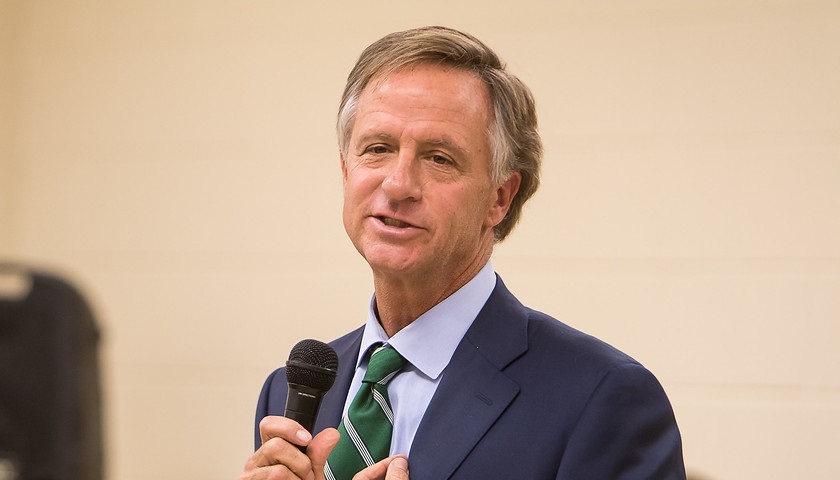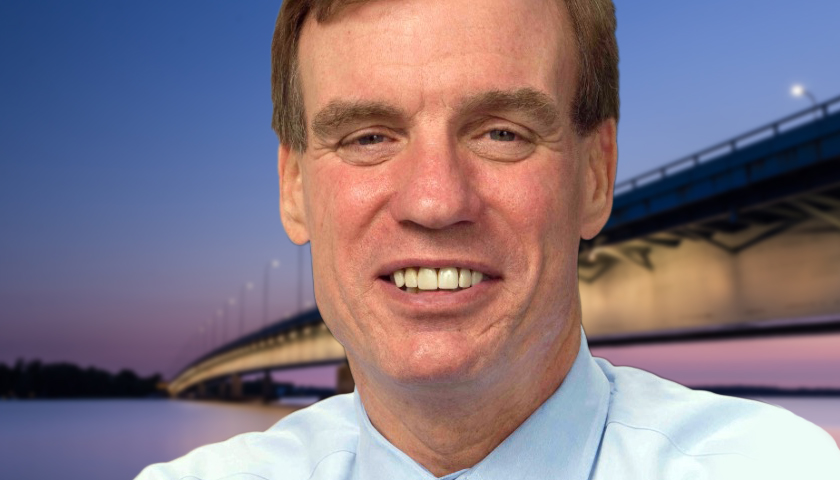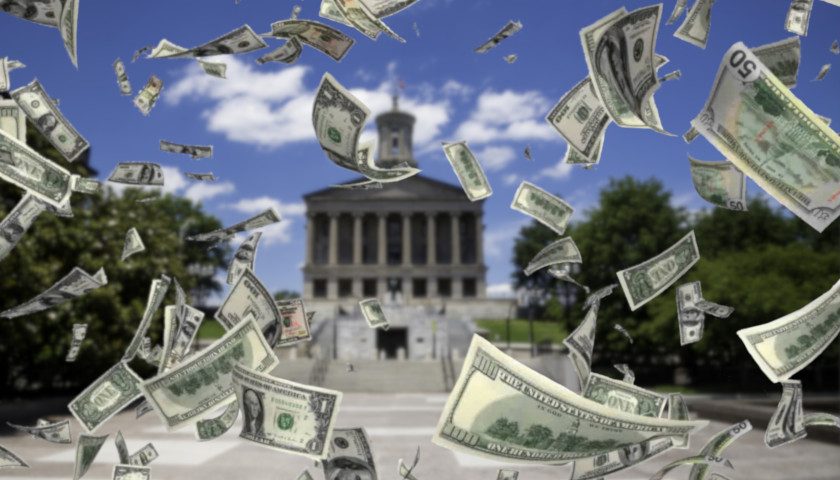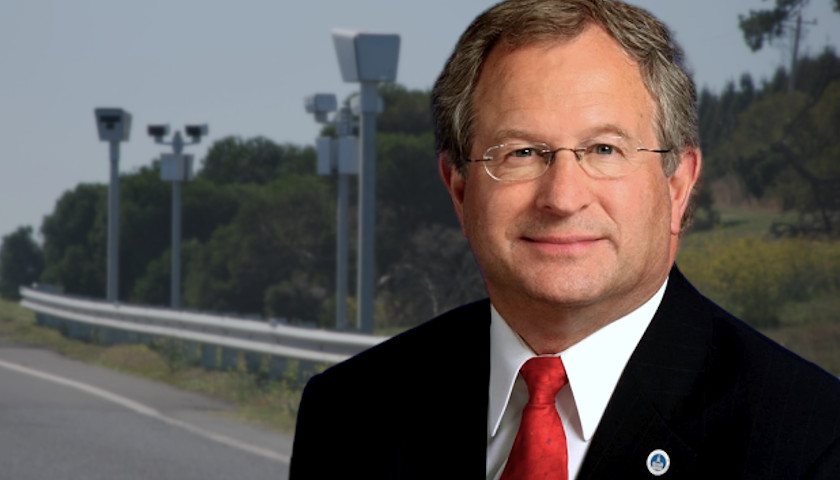Gov. Bill Haslam has a history of supporting tax increases.
His current proposal to increase the gas tax by 7 cents per gallon and diesel fuel by 12 cents per gallon in 2017 is no aberration, it is part of a consistent pattern.
In 2004, newly elected Knoxville Mayor Bill Haslam raised the city’s property taxes approximately 13%, but claimed the property tax rate was the lowest in several years. Former Lt. Governor Ron Ramsey challenged the claim saying that a reappraisal which lowered the overall rate, did not lower the overall percentage increase.
Years earlier, Haslam was being schooled by his father on the need to raise taxes in Tennessee. Jim Haslam II, was a board member of Citizens for Fair Taxes, a group planning a public education blitz about Tennessee’s “state budget crisis” as a prelude to supporting Don Sundquists’ proposal for a state income tax.
Fast forward to 2010 when Haslam, during his first gubernatorial campaign materials stated affirmatively that, “…taxes are job killers. The last thing we should do is raise taxes on a population that is already struggling and a small business community that has been forced to cut back,” and, that:
“Tennessee already has the highest combined state and average local sales tax rate in the nation and I will not allow it to get any higher. As governor, I will make sure the state lives within its means. As the only candidate with executive experience in business and government, I’m best prepared to force the state to prioritize, make difficult cuts when we have to, and manage our state budget conservatively without more taxes.”
But Sen. Bob Corker who in 2014, proposed a 12 cent federal gas and diesel tax cited Americans for Tax Reform’s claim that if the gas tax is offset by eliminating a tax deduction elsewhere, then the new tax isn’t considered a tax increase.
Haslam has not denied that his IMPROVE plan increases taxes even though in 2012 he was convinced that ““raising the state’s 21.4 cent per gallon gas tax isn’t the answer to pay for fixing aging highways” and admitted that “[r]aising the gas tax doesn’t address the issue.”
The IMPROVE plan proposes to offset the fuel tax increase by reducing the state sales tax on food by half a percentage point and cutting the state’s franchise and excise tax and the Hall tax on certain investment income.
Rep. Andy Holt, a self-described fiscal conservative and vocal opponent of a tax increase especially in light of a $2 billion dollar of excess revenue which some lawmakers have referred to as “overtaxation,” sees the Governor’s tax offsets as offering little financial relief to taxpayers. During a Monday radio interview Holt pointed out that the middle and lower income “hard-working folks in the state of Tennessee” will be impacted the most by the cumulative effect of the fuel tax increase.
Holt pointed out that the sales tax reduction on food only results in 50 cents off for every $100 dollars spent in the grocery store while the tax increase passes the higher price of goods and services onto consumers who are least likely to benefit from the cuts in the Hall and franchise and excise tax cuts.





